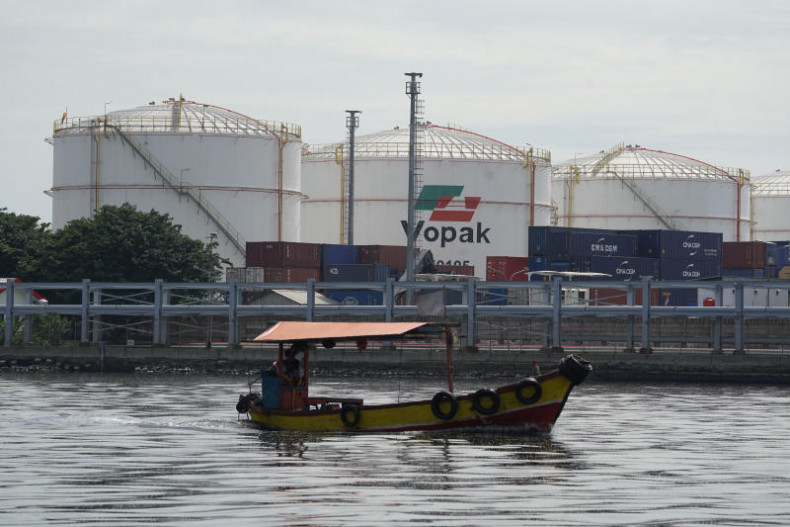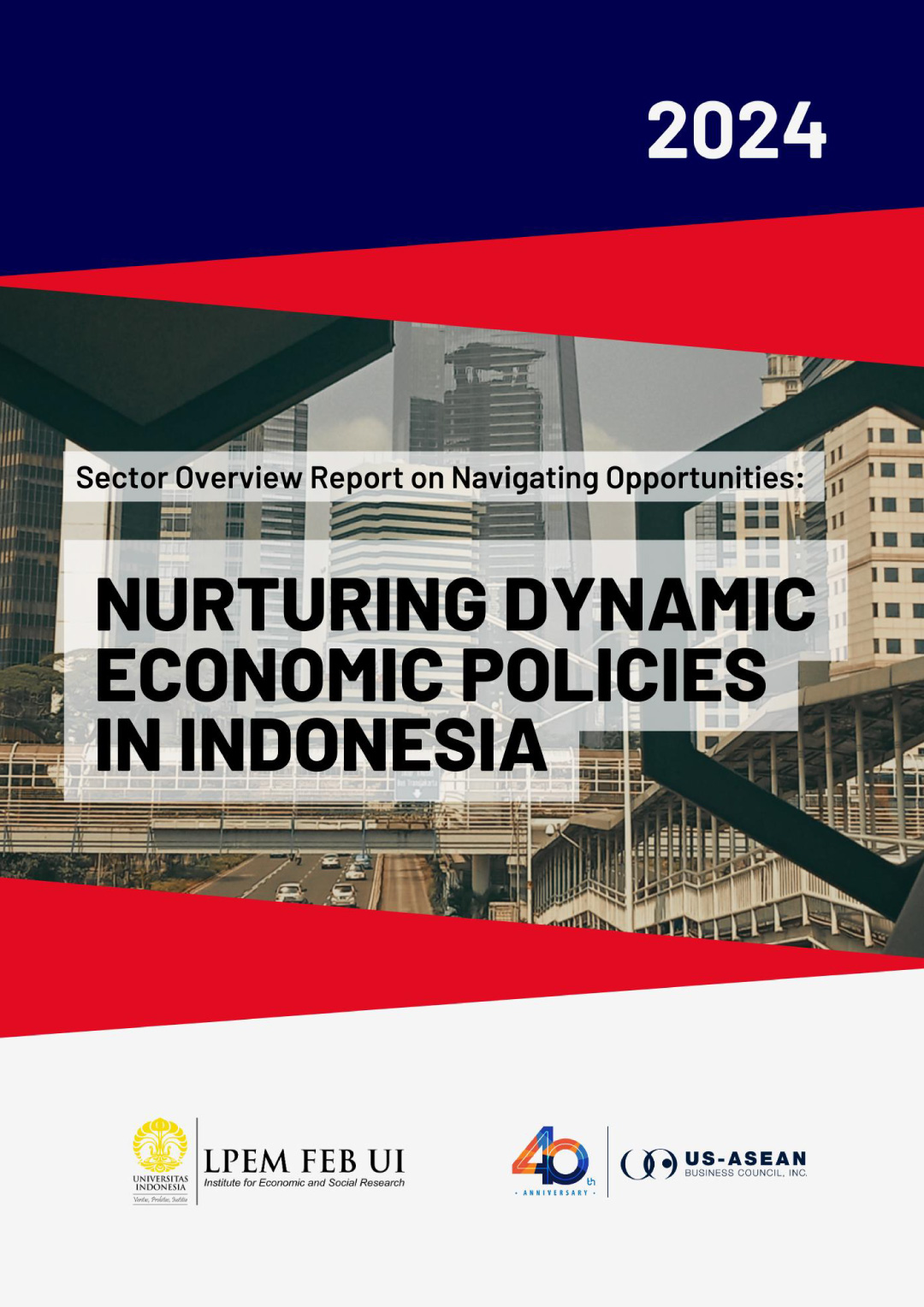Oil and Gas Exploration and Auctioning off Borneo

In May 2024, Indonesia launched its first oil and gas auction of the year. The country’s energy ministry has offered five exploration blocks for bidding from foreign developers to include U.S. based oil and gas companies. One of the largest of these zones is off Indonesia’s Borneo province of East Kalimantan, strategic waters for energy prospectors and maritime Southeast Asian states with concerns regarding their territorial sovereignty. Another reserve up for auction is located between Borneo and Indonesian Sulawesi. For neighboring Malaysia, 60% of the country’s gas reserves are located off the Borneo state of Sarawak. Malaysian gas giant, Petronas, in partnership with U.S. developers, is expanding their exploration and promotion efforts of their sovereign reserves as well. Indonesian, Malaysian, and Bruneian exclusive economic zones off Borneo have remained prime venues for oil and gas exploration and auctioning as well as CCUS development for depleted reserves.
Indonesia, Malaysia, and Brunei’s near-shore oil and gas reserves are on the decline, and all these ASEAN states are exploring extraction options deeper into the South China Sea. This presents a delicate challenge to their national interests and the business interests of U.S. developers as well, given China’s legally unfounded territorial claims to ASEAN states' territorial waters via "nine-dash line" argument. According to the U.S. Energy Information Administration, some of the world’s largest oil and gas reserves lie under the seabed of these contested zones. Foreign prospectors have big aspirations to survey these “deepwater” reserves as do ASEAN states to auction them. Tracking negotiations on the administration and maritime law of these seas is of great importance to the oil and gas industries, especially as Malaysia, which has been historically passive on the issue, pushes the dialogue more so now that its options are running out.



![Cover-[USABC-Final]-Driving-ASEAN-Unity-Malaysia's-Vision-for-2025](/sites/default/files/2025-07/Cover-%5BUSABC-Final%5D-Driving-ASEAN-Unity-Malaysia%27s-Vision-for-2025.jpg)




